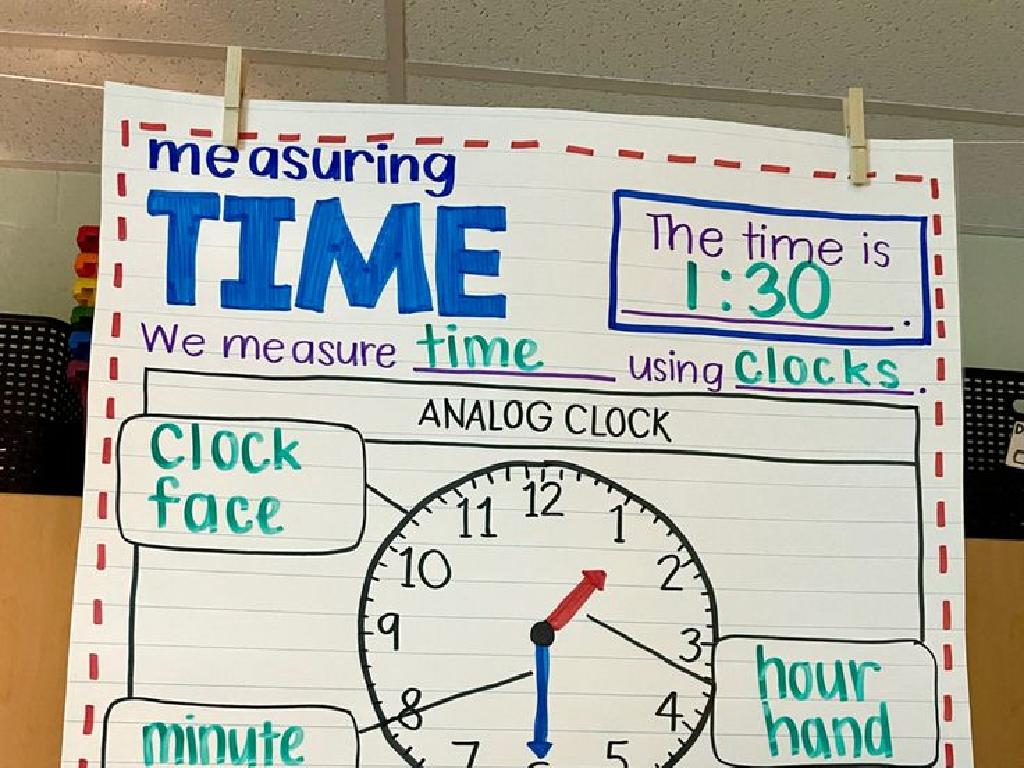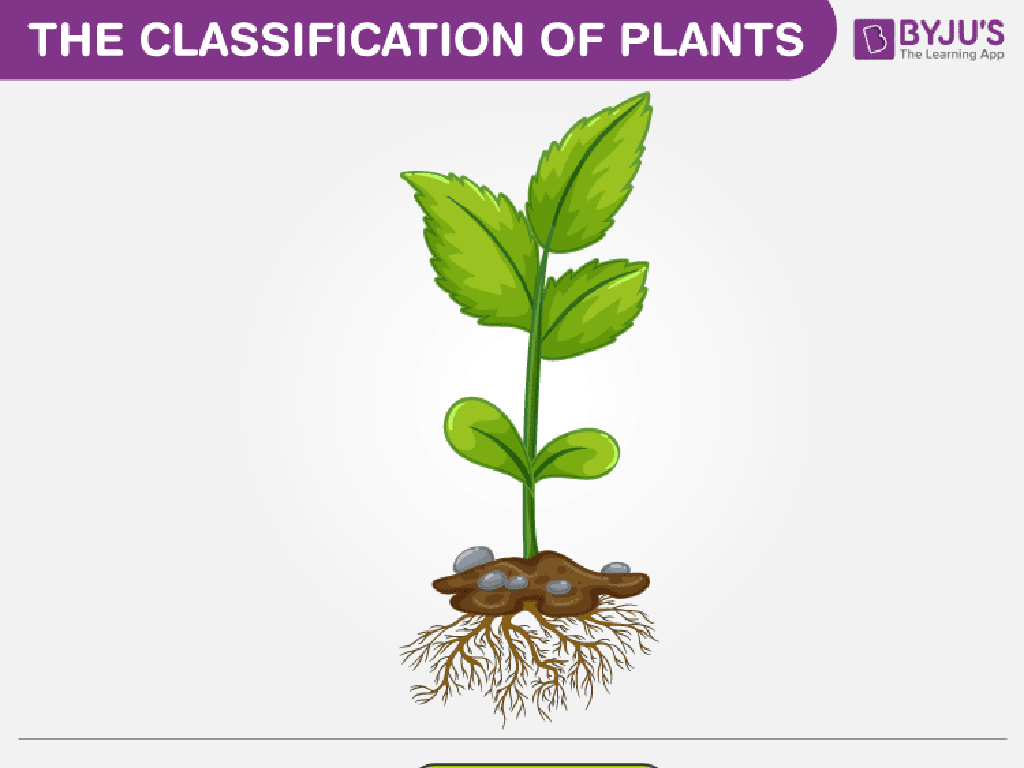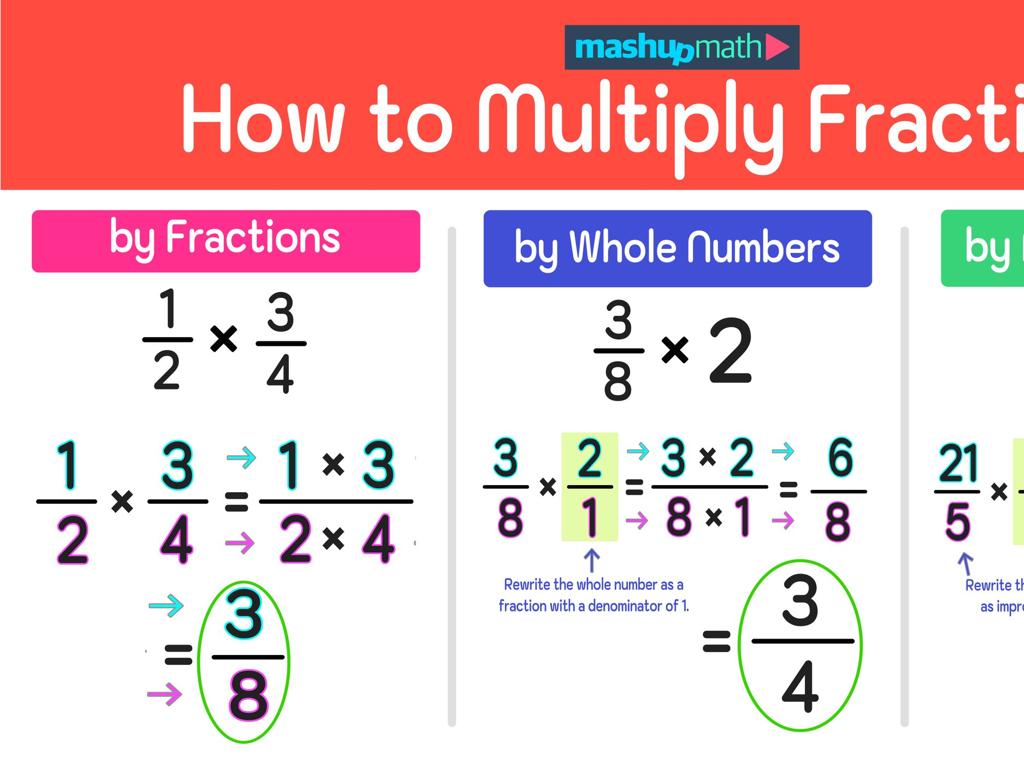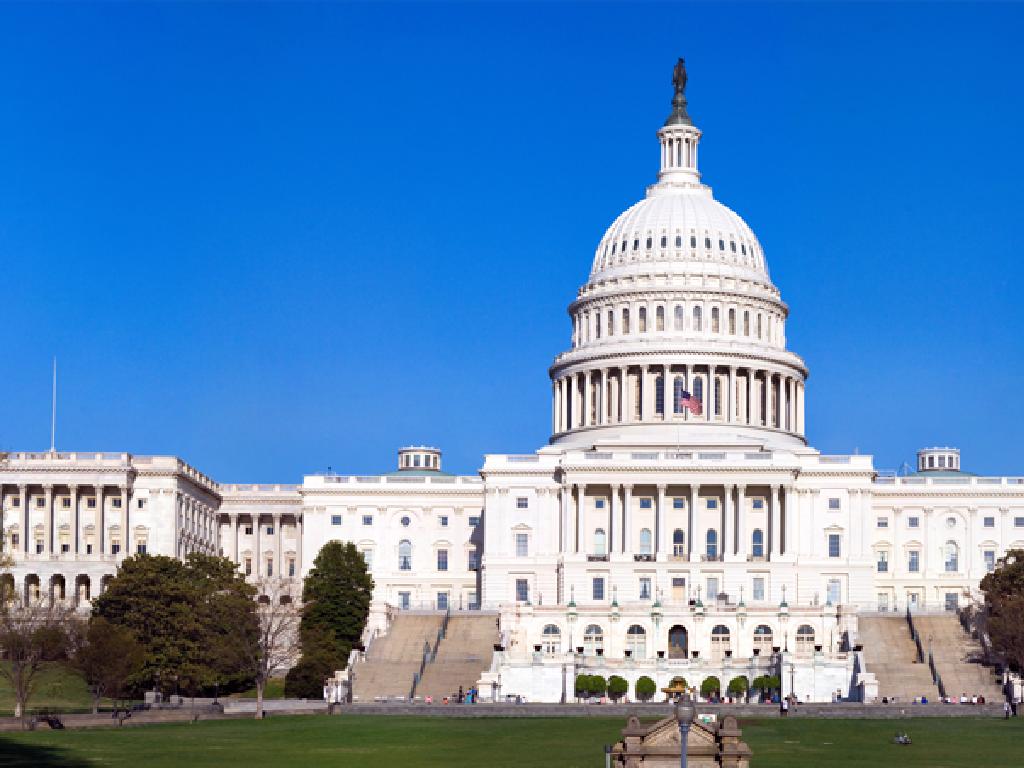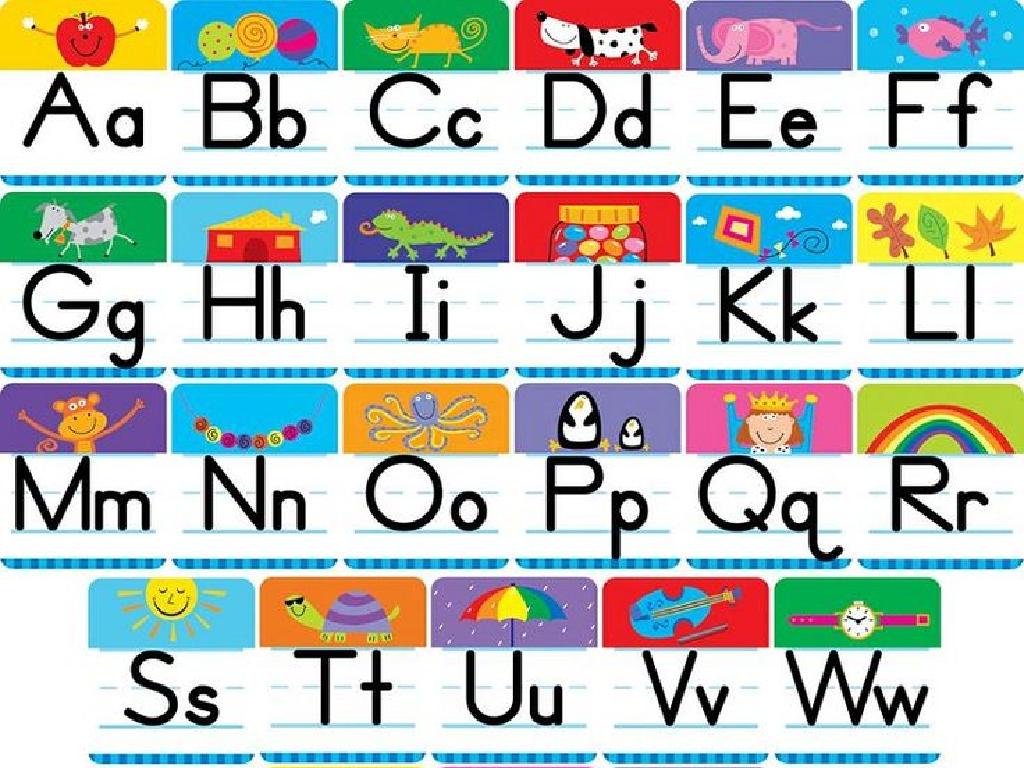Capitalizing The Names Of Historical Events, Periods, And Documents
Subject: Language arts
Grade: Fourth grade
Topic: Capitalization
Please LOG IN to download the presentation. Access is available to registered users only.
View More Content
Capitalizing Historical Names
– Capitalization highlights importance
– It shows respect and significance
– Review: Capitalization basics
– Start sentences and proper nouns with capitals
– Historical events get capitals
– Examples: ‘Civil War’, ‘Great Depression’
– Documents and periods too
– ‘Declaration of Independence’, ‘Middle Ages’
|
This slide introduces the concept of capitalization within the context of history, emphasizing its role in denoting respect and importance to significant events, periods, and documents. Begin by discussing why we capitalize certain words, linking it to previously learned rules such as capitalizing the first word of a sentence and proper nouns. Then, provide examples of historical events and periods like the ‘Civil War’ and ‘Middle Ages’ to illustrate the concept. Also, mention key documents such as the ‘Declaration of Independence’ to show capitalization in titles. Encourage students to think of other examples and explain why capitalization is important in these contexts. This will prepare them for an activity where they will practice identifying and capitalizing historical names correctly.
Capitalization: Making History Stand Out!
– Understanding Capitalization
– Capitalization means starting with a big letter
– Reasons for Capitalizing Words
– It highlights importance and starts sentences
– Capitalizing Historical Terms
– Like ‘Declaration of Independence’ or ‘Civil War’
– Practice with Examples
– Let’s capitalize days, places, and events together!
|
This slide introduces the concept of capitalization to the students, emphasizing its role in denoting importance and beginning sentences. Explain that capitalization is not just for proper nouns and the start of sentences, but also for historical events, periods, and documents, which are significant and deserve recognition. Provide examples such as ‘World War II’, ‘The Renaissance’, or ‘The Constitution’ to illustrate the use of capital letters in historical context. Encourage students to think of other historical events or documents and how they would capitalize them. This will prepare them for an activity where they will practice identifying and capitalizing historical terms correctly.
Capitalizing Historical Events
– What are historical events?
Important moments in history like discoveries or battles
– Capitalize specific event names
– Example: The Boston Tea Party
A key event leading to the American Revolution
– Example: The Civil War
A major conflict that shaped U.S. history
|
This slide introduces the concept of historical events and the importance of capitalizing their names. Begin by explaining what historical events are, emphasizing their significance in shaping our past. Highlight that when writing, we show respect and acknowledge the importance of these events by capitalizing their names. Provide clear examples such as ‘The Boston Tea Party’ and ‘The Civil War’ to illustrate this rule. Encourage students to think of other historical events they know and practice capitalizing them. This will help reinforce the concept and improve their writing skills.
Capitalizing Historical Periods
– What are historical periods?
Specific times in history with important events.
– Capitalize historical period names
– Example: The Renaissance
A period of great cultural achievements in Europe.
– Example: The Middle Ages
A time between ancient and modern history.
|
This slide introduces the concept of historical periods and the importance of capitalizing their names. Historical periods refer to distinct times in history that are notable for certain events or developments. It’s crucial for students to recognize that these are proper nouns and therefore should always be capitalized. Examples like ‘The Renaissance’ and ‘The Middle Ages’ illustrate periods that brought significant changes and developments in culture, art, and society. Encourage students to think of these periods as ‘titles’ for chapters in our history book, deserving the same respect and capitalization as a person’s name. In the next class, we can have an activity where students identify and capitalize historical periods from a given paragraph.
Capitalizing Historical Documents
– What are historical documents?
Writings that played a big role in history
– Capitalize document names
– Example: Declaration of Independence
It’s the birth certificate of America!
– Example: Magna Carta
A famous English charter from 1215
|
This slide introduces students to the concept of historical documents and the importance of capitalizing their names. Historical documents are written records that have significant impact on history. Emphasize that just like people’s names, the names of important documents are special and deserve to be capitalized. Provide examples such as ‘The Declaration of Independence,’ which signifies the founding of the United States, and ‘The Magna Carta,’ which laid the foundation for modern democracy. Encourage students to think of these documents as ‘VIPs’ of history whose names are always written with capital letters. This will help them remember to always capitalize such names in their writing.
Capitalizing Historical Events
– Practice capitalization rules
– Identify capitalization errors
– Spot what should be capitalized: ‘industrial revolution’
– Correct the example sentence
– ‘During the Industrial Revolution, many inventions were made.’
– Understand the importance
– Capitalization shows respect and importance for historical events
|
This slide is a practice activity to help students understand the importance of capitalizing proper nouns, specifically names of historical events, periods, and documents. Start by reviewing the rules of capitalization. Then, present the incorrect sentence and ask students to identify the errors. Afterward, reveal the corrected sentence and explain why ‘Industrial Revolution’ is capitalized: it’s a unique historical event. Emphasize that capitalization helps to signify the significance of these events and is a sign of respect. Encourage students to always look for capitalization clues in their reading and to apply these rules in their writing.
Let’s Practice Capitalization!
– Find capitalization errors with a partner
– Look for historical events, periods, documents
– Rewrite sentences with correct capitals
– Use capital letters for each proper noun
– Share your fixed sentences with the class
– Explain your corrections when sharing
|
This activity is designed to reinforce the rules of capitalization through collaborative learning. Students will pair up and search for capitalization mistakes specifically related to historical events, periods, and documents. They will then correct these sentences, ensuring that all proper nouns are capitalized. Afterward, each pair will share their corrections with the class, explaining the reasoning behind their changes. This will not only help them understand the rules of capitalization but also develop their public speaking and reasoning skills. Possible sentences for the activity could include miswritten historical events like ‘the civil war’, periods such as ‘the renaissance’, or documents like ‘the declaration of independence’.
Class Activity: Time Capsule Creation
– Create your own Time Capsule
– Include events, periods, documents
– Think of the Declaration of Independence, World War II, or the Renaissance.
– Write sentences with capitalization
– Remember to capitalize specific events, like ‘Boston Tea Party’, not just any tea party!
– Time Capsule review at week’s end
|
This activity is designed to help students practice capitalizing proper nouns, specifically names of historical events, periods, and documents. Provide students with examples of items to include in their time capsules. Encourage creativity and personal connection to history. As they write sentences about each item, remind them to capitalize specific names and titles. At the end of the week, the class will review the contents of their time capsules, which will reinforce the rules of capitalization and allow students to share their work. Possible variations of the activity could include creating posters, writing a short essay, or making a presentation about their time capsule contents.
Capitalization: Historical Names
– Importance of capitalizing history
It shows respect and helps us recognize significance.
– Homework: Write a historical paragraph
Choose a favorite event, period, or document.
– Use correct capitalization
Remember to capitalize specific names and titles.
– Share your work in class tomorrow!
|
This slide wraps up the lesson on capitalization by emphasizing the importance of using capital letters for historical events, periods, and documents. It’s crucial for students to understand that capitalization helps distinguish the significance of these terms and shows respect for history. For homework, students are tasked with writing a paragraph about a historical topic of their choice, applying the capitalization rules they’ve learned. Encourage creativity and personal connection with the topic. Remind them to capitalize specific names, like ‘Civil War’ or ‘Declaration of Independence.’ The next day, students will have the opportunity to share their paragraphs, reinforcing their learning and building public speaking skills.

